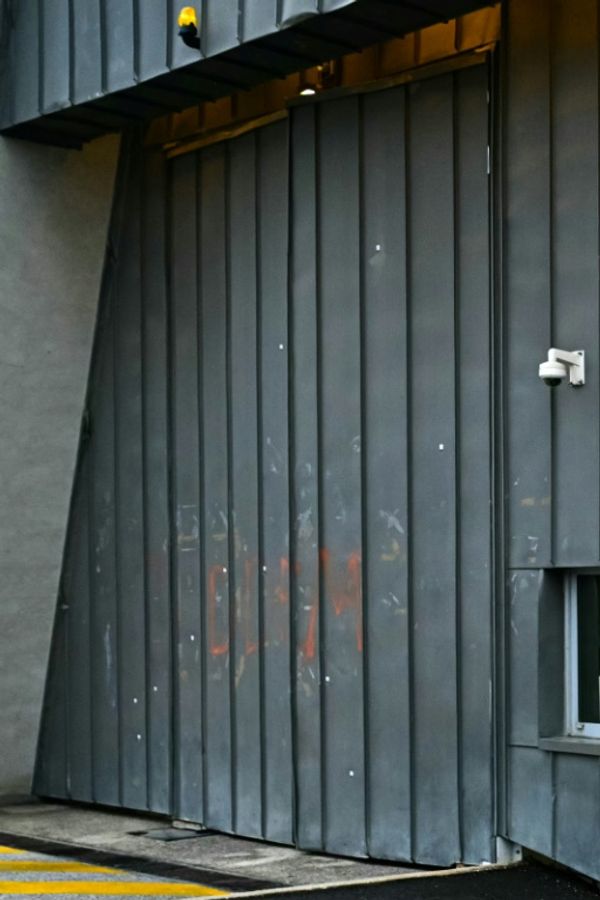The Economic Community of West African States (Ecowas) lost three of its founding members on 29 January 2025. Burkina Faso, Mali and Niger comprised 16% of the bloc’s population of 424 million and 7% of its economy.
Some commentators have labelled their departure – first announced a year ago – as “Sahelexit”. The decision to leave Ecowas was made by the three countries’ military leaders and is now poised to take effect legally. The three countries have created the Alliance of Sahel States (Alliance des États du Sahel, AES), a mutual defence and security pact formalised through the Liptako Gourma Charter in 2023.
The decision to leave Ecowas was prompted after the military leaders launched coups against democratically elected leaders in Mali in 2021, Burkina Faso in 2022 and Niger in 2023. The Ecowas Democracy and Governance Protocol prohibits unconstitutional changes of government. The regional body therefore imposed economic, financial and travel sanctions on each country after each coup.
Food was exempted from the sanctions. But the resulting increase in transport times and other logistical hurdles contributed to substantial levels of food price inflation in the region. In Niger, for instance, the average market price of rice rose by 38% between July 2023, when sanctions were first imposed, and February 2024, when they were lifted.
Remaining Ecowas countries were also badly affected. Benin’s revenues at the port of Cotonou, the main transit source for goods going into Niger, fell dramatically. The sanctions on Mali badly hurt revenue generation at the port of Dakar in neighbouring Senegal.
All sanctions were lifted in February 2024. But the damage was done, and the three states began preparing their departure from the regional body.
Ecowas has given these three states a transition period until July 2025 in case they backtrack and want to return. But the Alliance of Sahel States leaders have said their decision is irreversible.
The exit from Africa’s largest political and economic union threatens to disrupt flows of goods, services and people. As a political economist who focuses on agriculture and nutrition policy in much of Africa, I worry that these developments will have serious consequences for food security in a region where almost 17 million children under five are already acutely malnourished.
Already, the cost of a daily nutritious diet in the three Sahel alliance countries is 110% higher than the daily minimum wage in the west African region. The countries are also among the world’s hunger hotspots. In early 2025, 7.5 million of their population were classified as in crisis, emergency or famine conditions.
The exit will also imperil regional cooperation on conflict. Insurgent attacks are moving further south of the Sahel.
This will reduce access to safe, affordable food and deter investments in agro-processing.
A blow to trade
The implications of exit are most obvious for trade relations. Although the three countries will remain in the eight-member francophone West African Economic and Monetary Union, they are departing the Ecowas customs union, which includes the region’s anglophone countries. A customs union removes tariffs among its member states and establishes a common external tariff on non-member states. Members experience freer trade with each other while protecting their domestic industries from external competition. Since 2015, import tariffs for intra-Ecowas goods have been eliminated. A common external tariff is levied on imports from non-Ecowas countries.
Leaving Ecowas means the three countries will have to adhere to the common external tariff rates for their imports into Ecowas member countries. They will also revert to using the World Trade Organisation’s Most Favored Nation rates on imports from Ecowas countries, which are higher for some categories of goods than the Ecowas tariff.
In other words, for some goods, including agricultural products, imports will be more expensive for all countries. The three states will be further hurt by the community levy, the 0.5% tax Ecowas imposes on goods from non-Ecowas member states to fund the bloc’s budget.
All three countries are landlocked. Leaving Ecowas means they lose access to ports like Tema in Ghana and Lagos in Nigeria. There will be implications for some of their biggest exports. For instance, almost 60% of Burkina Faso’s vegetable exports and 90% of its live animal exports go to Ghana and Côte d’Ivoire.
Ghana, along with Côte d’Ivoire and Benin, is a key export market for Niger’s onions. Niger also imports a large share of its food products from Nigeria, one of its largest trading partners in the region.
The tariff and levies therefore could increase the cost of food for consumers in both the Alliance of Sahel States and remaining Ecowas countries.
The withdrawal of the three countries will also affect food production through diminished access to electricity as well as wheat flour and edible oils. The trio face possible exclusion from the Ecowas West African Power Pool, which aims to increase members’ access to the regional electricity market. Burkina Faso and Niger import most of their electricity from Côte d’Ivoire and Nigeria.
Finally, the livelihoods of Sahelian migrants living in Ecowas countries remain uncertain. Due to the Ecowas freedom of movement protocol, more than 1.3 million Burkinabes and half a million Malians live in Côte d’Ivoire. Many of them run small, informal sector businesses to support their families back home.
Future scenarios
Ecowas marks its 50th anniversary in 2025. What could the future look like?
Junta leaders are proposing various ways in which the relationship between the Alliance of Sahel States and Ecowas will proceed. For instance, they have claimed that they will maintain visa-free travel from Ecowas countries into theirs. But all 12 remaining Ecowas states would have to approve that proposal. The alliance also launched its own passport, but it’s not clear how Ecowas states will treat citizens who use it.
Another possible scenario is that they will negotiate bilateral agreements with their major Ecowas trading partners and with other countries that offer sea access, such as Mauritania and Morocco. This scenario obviously undermines efforts to enhance regional trade integration.
Finally, the problems surrounding the “Sahelexit” embody a larger set of tensions. These include whether political objectives should be embedded within trade arrangements — a debate also central to the possible renewal of the African Growth and Opportunity Act this year – and whether concerns over national sovereignty will undermine regional cooperation on increasing cross-border climate, conflict, and health threats to food security.
Danielle Resnick receives funding from the Gates Foundation and the Open Society Foundation.
This article was originally published on The Conversation. Read the original article.







